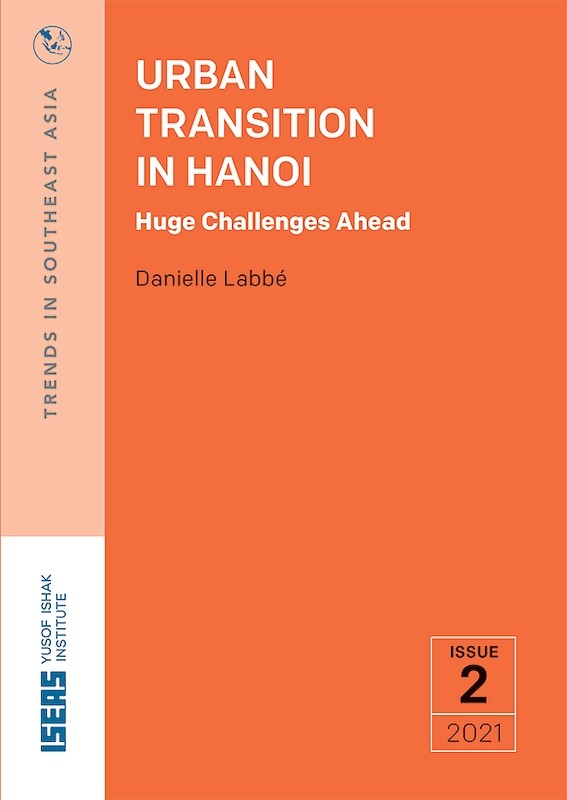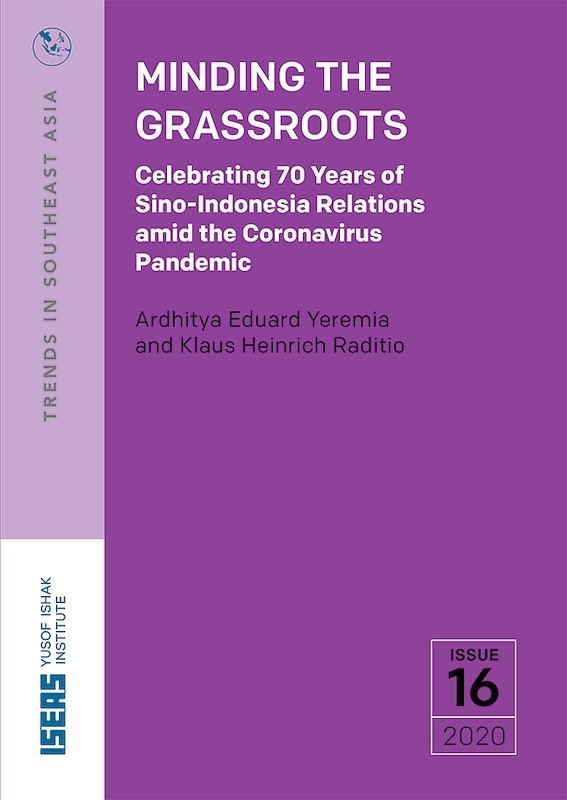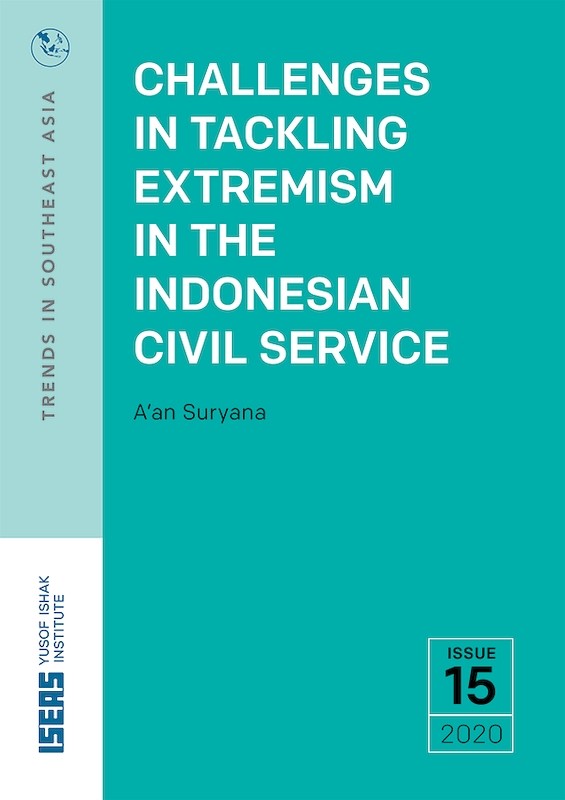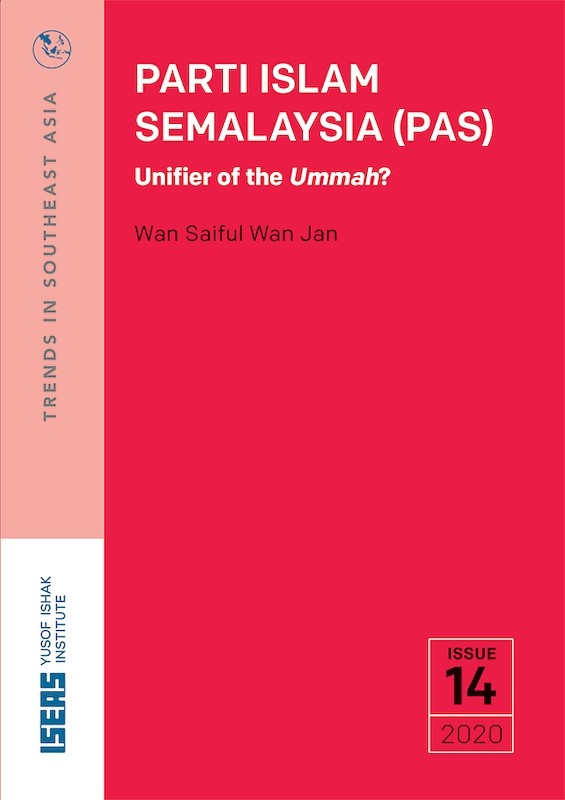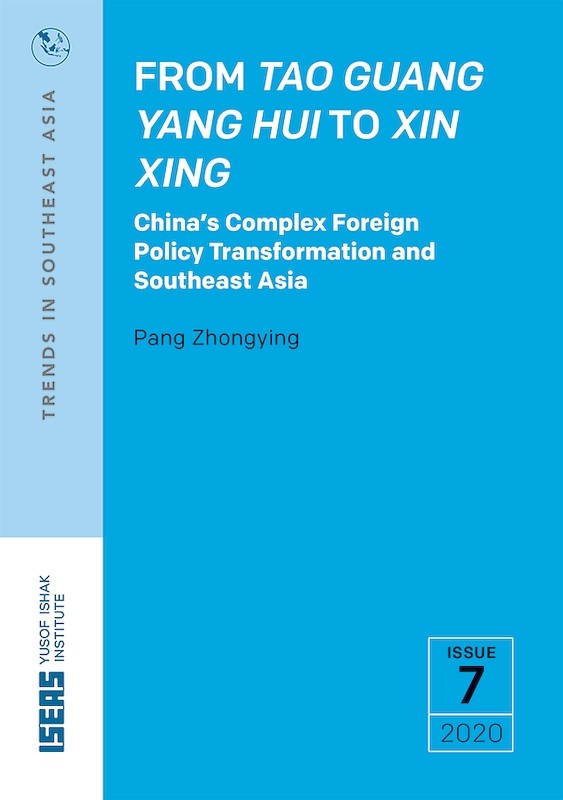The Free and Open Indo-Pacific Beyond 2020: Similarities and Differences between the Trump Administration and a Democrat White House
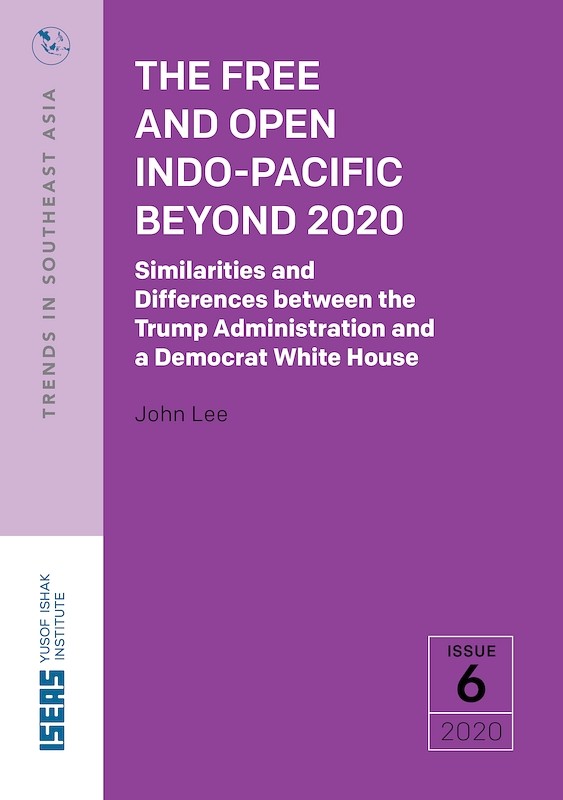
John Lee, author
Date of publication:
2020
Publisher:
ISEAS – Yusof Ishak Institute
Number of pages:
36
Code:
TRS6/20
About the publication
American Indo-Pacific policy will be driven by its China policy, regardless of whether there is a second-term Donald Trump administration or a first-term Joe Biden administration.
The Republicans will continue to frame the major challenge as “balancing” against Chinese power and “countering” the worst aspects of Beijing’s policies. Establishment or moderate Democrats under Biden will choose the softer language of seeking a favourable “competitive coexistence” in the military, economic, political and global governance realms, and the reassertion of American leadership and moral standing.
In advancing the FOIP, the current administration argues that disruptiveness and unpredictability are necessary to reverse what they see as the “normalization” of Chinese assertiveness, coercion and revisionism. They also point to the closeness of US cooperation with Japan, Australia and India and bourgeoning strategic relationships with Vietnam. A second-term Trump administration will continue to seek out “fit-for-purpose” existing institutions and relationships, or prioritize new ones.
Establishment Democrats believe that the “America First” unilateralist approach is unsettling for allies and partners. In advancing a favourable “competitive coexistence” with China, Democrats will seek to expand the tools of statecraft and achieve a better balance between military/economic/political/governance approaches.
Prima facie, a Biden administration might position America as a more consultative guarantor of a preferred order. However, there will be greater pressure on Southeast Asians to accept more collective responsibility to advance common objectives. This means hedging in a manner more suitable to American rather than Chinese preferences. Failing that, more emphasis might be placed on greater institutionalization of the Quad and ad hoc groupings.
A Bernie Sanders administration, now an unlikely prospect, would be a disaster for US standing and power in the region, and therefore for Southeast Asia.
Contents
-
The Free and Open Indo-Pacific Beyond 2020: Similarities and Differences between the Trump Administration and a Democrat White House
[Whole Publication, ISBN: 9789814881708], by John Lee, author

